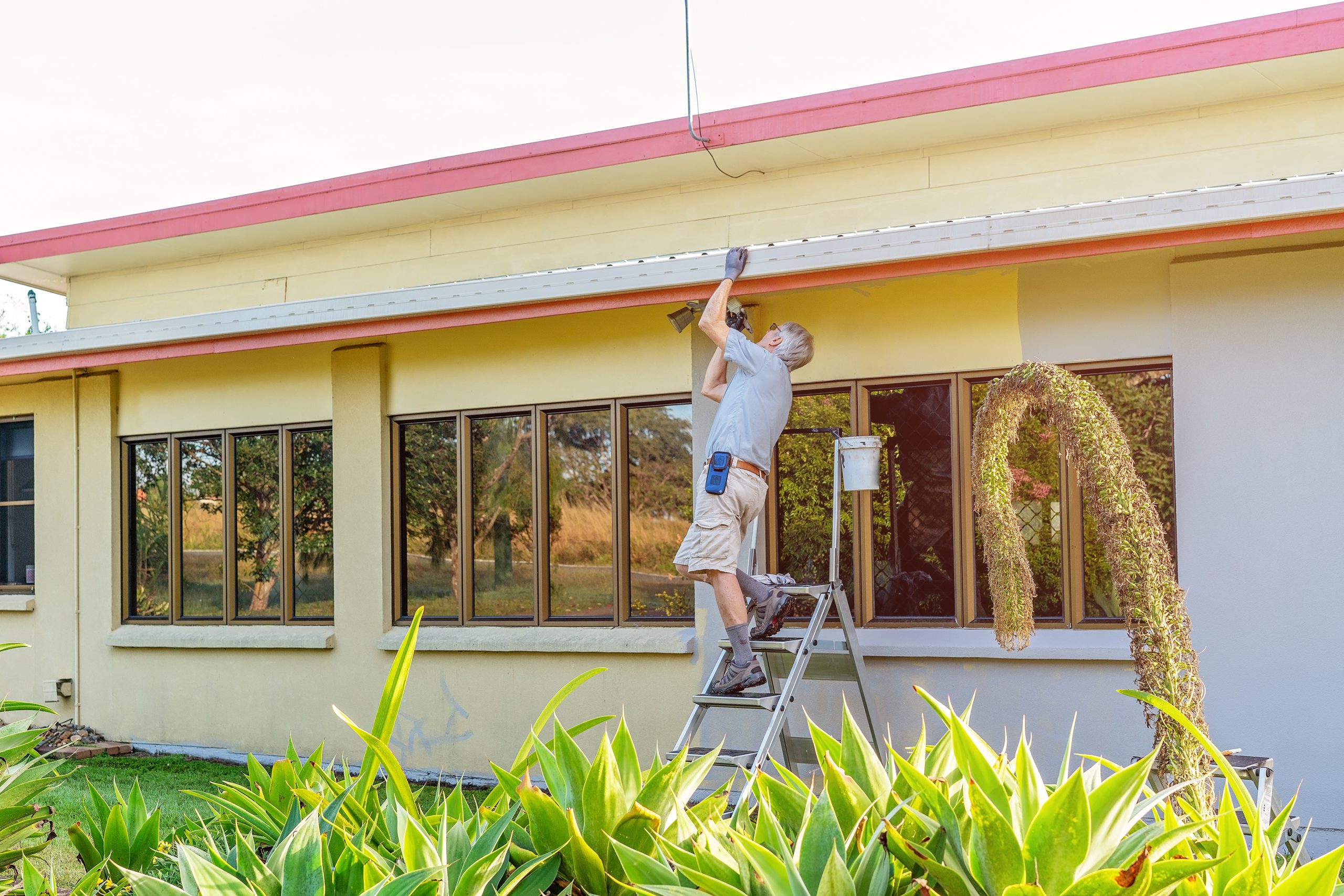
Buying a ‘renovators delight’ has always been regarded as a way to enter a market affordably, and is often a preference of first home buyers.
Weekends spent on DIY projects, fixing up your place and perhaps restoring it to its former glory can be immensely rewarding – as well as lucrative financially.
But like all real estate agents, we often see common errors made by owners when they buy a home and start to renovate.
If you’re currently in the market, seeking a fixer-upper or a home that will need some level of renovation, here are some elements to watch-out for.
- Focus on structural changes – If gaining a return in investment from your renovation is important, then I’m afraid to say that structural improvement rarely offers a good payback. Pulling down walls or realigning plumbing is costly but is seldom rewarded when the time comes to sell with a premium. The only exception might be if you have great architect drawings to create open-plan living or if part of the structural work transforms the home.
- Budget blues – It’s always a good idea to have a contingency fund for each project. We recommend you put aside 20% of the overall cost for unforeseen problems or overruns. Owners who don’t do this and run into trouble also run out of money which can be a strain both on your lifestyle and even your relationship. Don’t make this misstep.
- The debt trap – You need to be careful about buying a home that needs renovating. You must know you can finance the improvements before you make an offer on the property. Don’t spend so much that you have no funds to renovate. Talk to your lender about splitting out your loan, so it reflects separately the mortgage and the funds required for a remodel.
- Prioritising cosmetics over maintenance – This is a common mistake. Ignoring maintenance around your home will cost you dearly in the long run. Leaks, rusting gutters and blocked drains will undermine the integrity of your home’s structure. Old wiring can be dangerous and should be inspected by an electrician at the earliest opportunity.
- Big dollars spent on custom features – A home theatre may be the feature of your dreams, but not everyone will agree. If you spend tens of thousands of dollars to convert a room or build a home theatre in a basement, do not assume you’ll recover all of your investment when you sell. It’s often wise to ask a real estate agent about what buyers most value before splashing the cash, and we’d be happy to offer some advice on current buyer trends.
- Big isn’t necessarily better – When planning a remodel of your home, resist creating floor space that has little or no purpose. Buyers love to lean into the metric, price-per-square-foot, but you should not slavishly align your investment dollars to it. Make sure each space in your home has a purpose.
- Doing everything DIY – Some tasks need the skills and experience of a professional. We’ve seen too many homes that have been the subject of endless DIY projects that look a little amateur and ultimately harm the property’s value. Pick your DIY projects carefully.
- Poor planning – Each project should have a budget before work begins. But new homeowners will often not think through the order in which the work should be carried out. As a general rule, you should start at the top of the home and work down. For example, don’t replace the flooring and then paint – that makes no sense, but many people do it.
